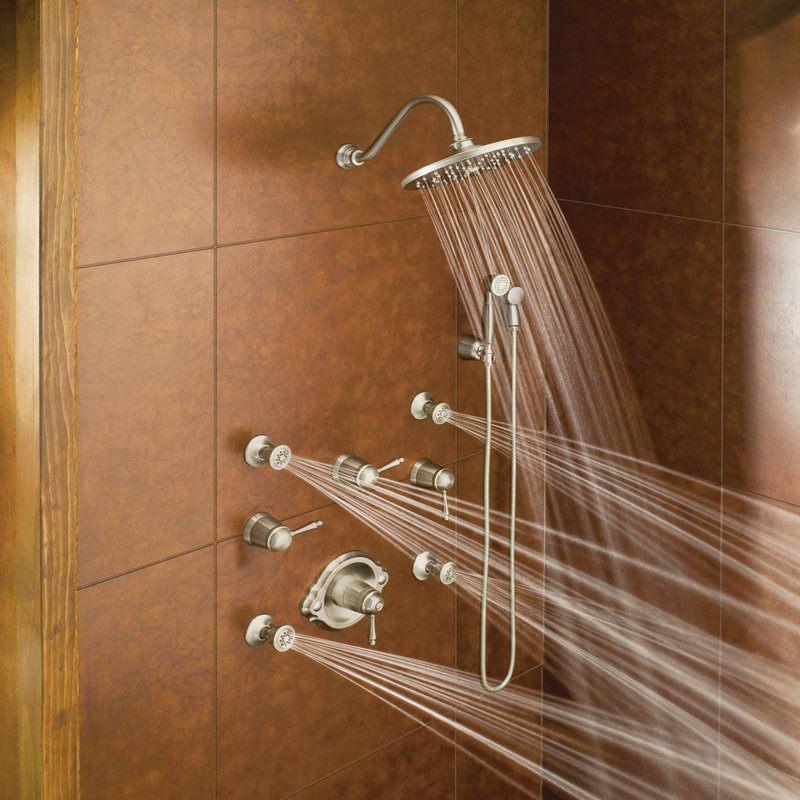Solar energy is one of the most appealing fuel types in the world. In these times when global warming is a reality and human driven climate change is evident, all renewable energy sources are winning the hearts of all. From individual homeowners to environmentalists, solar is currently regarded among the topmost green solutions that can help realize environmental sustainability.
Solar energy or fuel is used to power solar water heaters. Basically, a typical solar water heater includes a storage tank and a collector. The collector traps sunshine and uses it to heat the water in a storage tank. Solar is clean, renewable and free — literally a godsend for everyone. Solar is available throughout the United Sates, but it’s mostly abundant in the Southwest. Solar water heating systems can be installed in any climatic region. If you wish to learn some basic operating facts about solar water heating systems and the benefits and limitations of adopting such systems in your home, just continue reading.
About Solar Water Heaters
There are two basic types of solar water heating systems: active and passive. Active solar water heating systems have circulating pumps and controls but passive systems have none of these things. Active solar water heating systems are further subdivided into two categories: direct and indirect circulation systems. In a direct circulation system, a pump circulates water through collectors into the household — it’s suitable for climatic regions that are not prone to freezing. In an indirect circulation system, a pump circulates an antifreeze heat-transfer fluid through the collectors and a heat exchanger; thereby heating the water and supplying it into the home — suitable for climatic regions prone to freezing.
Passive solar water heater systems are relatively cheap as compared to active models. Also, they are usually considered more reliable and long lasting. There are two main types of passive solar heaters: integral collector-storage passive systems for warmer climates and thermosyphon systems for colder areas. Depending on your location and financial resources, you can choose the most suitable solar water heating system from these options. If you need assistance, consult any professional plumbing company in DC for reliable advice on these choices.
Pros
The first and most important advantage of installing solar water heating systems is that they are highly energy efficient. Solar heaters are considered to be about 50% more energy efficient than gas and electric-powered water heaters. As such, solar models require lower operating costs and hence offer more energy savings.
Also, solar heaters can be installed anywhere, in any climatic region. Unlike some of the other energy sources, solar energy or sunshine is available throughout the United States; it’s also free, clean and renewable.
Cons
The main disadvantage of solar water heating systems is their high initial costs. Solar systems require collectors and specially designed storage tanks, both of these installations cost a lot of money. As such solar water heating systems are quite expensive to purchase and install. However, solar models have significantly lower operating and maintenance costs. The subsequent annual energy savings will offset the initial costs and leave the homeowner with substantial earnings. Also, in a bid to encourage solar adoption, the federal and state governments offer various financial incentives on solar purchases. The second disadvantage of using solar water heating systems is that they may not sustain your household’s hot water needs on cloudy days or during peak usage times — you may need a backup system in such cases.




